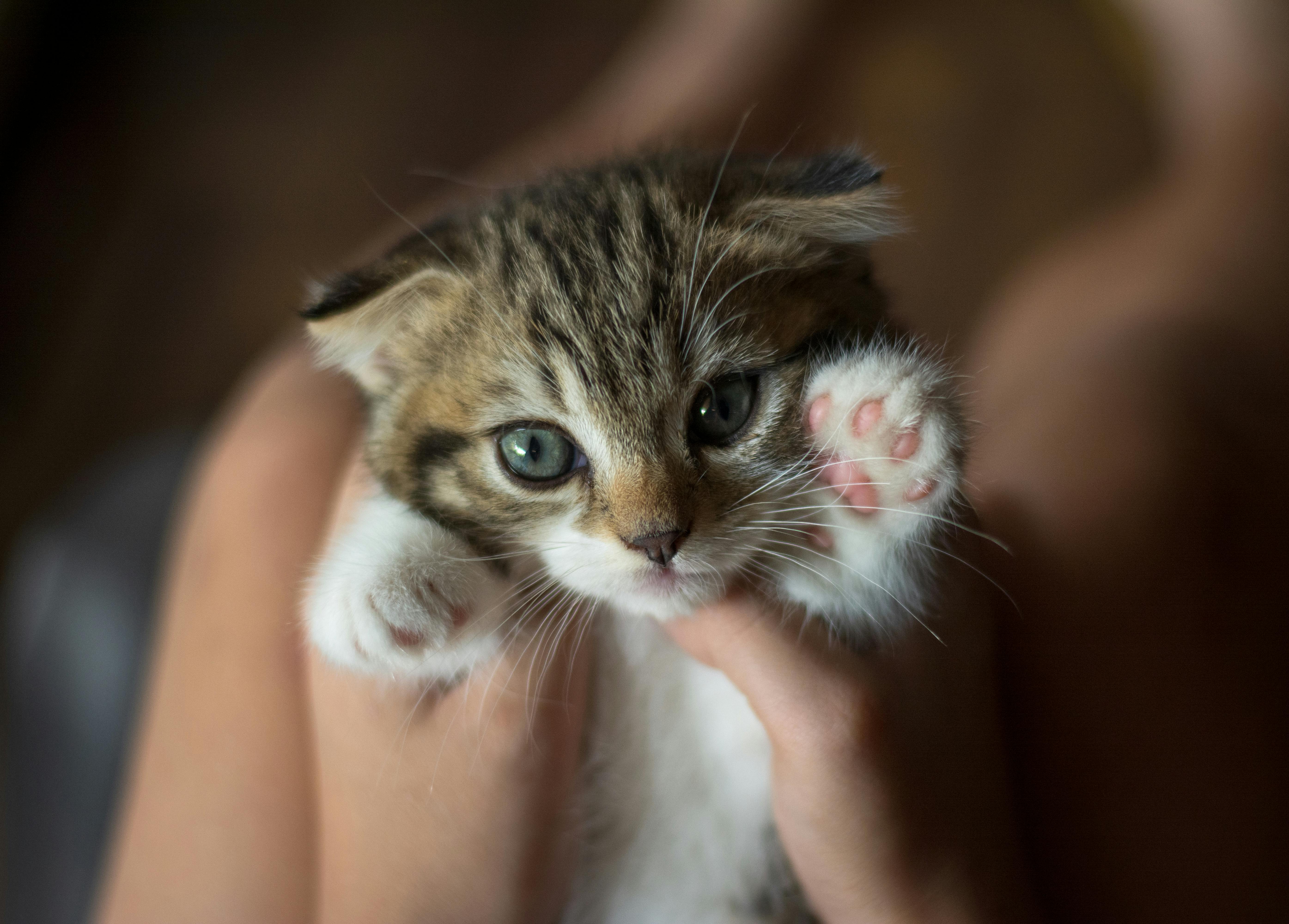
Cupid and psyche: the story of the piety of the soul
admin
- 0
Once upon a time there was a king who had three daughters, all beautiful maidens, but the youngest, Psyche, vastly surpassed her sisters. Her fame spread, and from everywhere men traveled to gaze at her in awe and adoration and pay homage to her as if she were indeed one of the immortals, and no one ever thought of Venus. Their temples were neglected, their altars covered with cold ashes. All the honors that were once hers were now bestowed on a mere girl destined to die one day.
As always when the goddess was in trouble, she asked her son for help, that beautiful winged young man whom some called Cupid and others Love, against whose arrows there is no defense, neither in heaven nor on earth. “Use your power” said Venus, “and make the mischievous fall madly in love with the most vile and despicable creature in the whole world.” Venus left Cupid with the happy confidence that he would quickly bring about the undoing of Psyche.
However, what happened was not what he had counted on. Psyche didn’t fall in love with some horrible bastard. In fact, she did not fall in love at all. His two sisters, though inferior in beauty, were splendidly married, each to a king. Psyche, the all-beautiful, sat sad and lonely, only admired, never loved.
Her father eventually traveled to an Apollo oracle to ask for advice on how to get her a good husband. Apollo said that Psyche, dressed in the deepest mourning, should be placed on top of a rocky hill and left alone, and that there her destined husband, a terrible winged serpent, stronger than the gods themselves, would come to her and her. would make yours. wife.
This was done, and on the top of the hill in the darkness Psyche sat, waiting for she knew not what terror. As she wept and trembled, a soft gust of air, the soft gust of the west wind, Zephyr, passed through her and set her on fire; his problems are gone, he slept. He woke up next to a sparkling river and on its bank was a more stately mansion that seemed deserted, but voices came that he could clearly hear. “We are your servants. Please enter the house without fear and bathe and refresh yourself,” the voices were saying, spreading a splendid feast in the air.
The bath was the most delicious and the food the most delicious he had ever enjoyed, while a great choir seemed to be singing on the harp. All day, except for the strange company of voices, she was alone, but in some inexplicable way she felt sure that with the coming of night her husband would be with her. And so it happened. When she felt him by her side and heard his voice whisper softly in her ear, all her fears left her. She knew without seeing it that there was no monster or form of terror there, but the lover and husband she had longed for and hoped for. She was happy and time passed fast with this company half and half.
One night, however, her invisible husband told her that her sisters came to cry for her on the top of the hill from which she had disappeared, and that she should not meet them because she forbade pain. But the woman in her could not accept this condition, and she cried and cried, until he told her, “Make your way, then.” Zephyrus brought the sisters down on his wings and they all rejoiced at their meeting. They talked and talked, but the sisters slowly and gradually grew very jealous upon seeing the grandeur and riches of the palace that made theirs seem drab in comparison.
So they planned a plot and convinced her sister that her husband was evil, otherwise why should he avoid the daylight and go to her without being seen only at night? The two jealous sisters told Psyche, then pregnant with Cupid’s son, that she was rumored to have married a great and terrible snake that would devour her and her unborn child when it came time to feed him. They urged Psyche to hide a knife and an oil lamp in the bedroom, to wait until her husband fell asleep, and then to light the lamp and kill him immediately if it was as they said. Psyche sadly followed his advice. By the lamplight, Psyche recognized the beautiful figure on the bed as the god Cupid himself and, cursing his madness, attempted suicide with the knife she intended to use on him. However, he dropped the knife and perked up as he gazed at the beautiful young god. She curiously examined his golden arrows, and accidentally pricked herself with them, and was consumed with desire for her husband. She began to kiss him, but as she did so, a drop of oil fell from Psyche’s lamp onto Cupid’s chest and he woke up. He flew away, but she grabbed him by the ankle and was carried with him until her muscles gave out and she fell to the ground, her heart sick.
Cupid, meanwhile, had gone to his mother’s room to have his injuries cared for, but when Venus heard his story and learned that it was Psyche he had chosen, she left him angry and alone in his grief, and went out to look for the girl who made her even more jealous.
Poor Psyche, in her desperate wanderings, was trying to win the gods to her side. He searched everywhere for his lover, and finally stumbled upon a temple on Ceres where everything was in disarray. While Psyche was sorting and cleaning, Ceres appeared, but rejected any help other than advice, saying that Psyche should directly call Venus, the jealous harpy who caused all the trouble in the first place. Psyche then visited Juno in her temple, but Hera, superior as always, said the same.
Finally, Psyche found a temple for Venus and entered it. The goddess laughed out loud and asked him scornfully if she was looking for a husband since the one she had had would have nothing to do with her because she had almost died from the burning wound she had inflicted on him. “But really,” he said, “you are such a simple and underprivileged girl that you can never get a lover except through the most diligent and painful service.” With that, he mixed the smaller seeds into a large pile and ordered Psyche to separate all the grains before nightfall. An ant took pity on Psyche and with her ant companions they separated the grains.
Venus was outraged by his success and told him to go to a field where golden sheep grazed and buy golden wool. A river god told Psyche that the sheep were fierce and strong and that they would kill her, but if she waited until noon, the sheep would go into the shade on the other side of the field and sleep; he could collect wool that clung to branches and tree bark. Next, Venus requested that a flask be filled with water from the Styx and Cocytus that flowed from a cleft that was impossible for a mortal to reach because its rocks were slippery and it was also guarded by large snakes. This time his tasty was an eagle, which perched on its large wings, and with the bottle in its beak, it was returned to him full of black water.
But Venus moved on. You can’t help but accuse her of some stupidity. The only effect of all this was that it made her more determined to try one more time. Claiming that the stress of caring for her son has made her depressed and ill, causing her to lose some of her beauty, she set Psyche on the task of going to the underworld and asking Persephone, the queen of the underworld, for some of her. beauty in a box that Venus gave to Psyche. Psyche decided that the quickest way to the underworld would be to throw herself from somewhere high and die, so she climbed to the top of a tower. But the tower itself spoke to him and told him the route through Tanaerum, a large hole in the earth that would allow him to enter the Underworld alive and return again, as well as how to pass through Cerberus, the three-headed hell. dog throwing a bite at her, then to where she must pay Charon, the ferryman, a penny to make her cross the river of the dead, Styx; how to avoid other dangers on the way back and forth and, most importantly, not eat anything; because otherwise she would live forever in the underworld. Psyche followed orders explicitly and did not eat anything while underground.
Her next test brought her upon herself through her feminine curiosity and, even more so, her vanity. Deciding she could use some beauty, she opened the box. Inside, he couldn’t see any beauty; instead, a deadly languor seized her and she fell into a hellish sleep.
At this juncture, the God of Love himself stepped forward. Cupid was already healed from his wound and yearned for Psyche. It is difficult to keep Love imprisoned. Breaking the locks of Venus, he flew off in search of his wife. She lay almost next to the palace, and he found her immediately. In a moment it had taken the sleep out of his eyes and put it back in the box. Then, waking her up with just a jab from one of his arrows and scolding her a bit for her curiosity, he asked her to bring the Proserpine box to her mother and assured her that everything would be fine from then on.
As the merry Psyche rushed to fulfill her mission, Cupid flew to Mount Olympus and pleaded with Jupiter to help them. Jove called a full and formal council of the gods and declared that it was his will that Cupid marry Psyche. Jove then had Psyche brought to Mount Olympus and gave her a drink made with ambrosia, granting her immortality. This, of course, completely changed the situation. Venus could not oppose a goddess for her daughter-in-law, the alliance had become eminently suitable. No doubt he also reflected that Psyche, living in heaven with a husband and children to care for, could not be much on earth to make men turn their heads and interfere with her own worship.
Then everything came to a very happy ending. Love and soul (for this is what Psyche means) had sought each other out and, after trying trials, came to a union that could never be broken.

